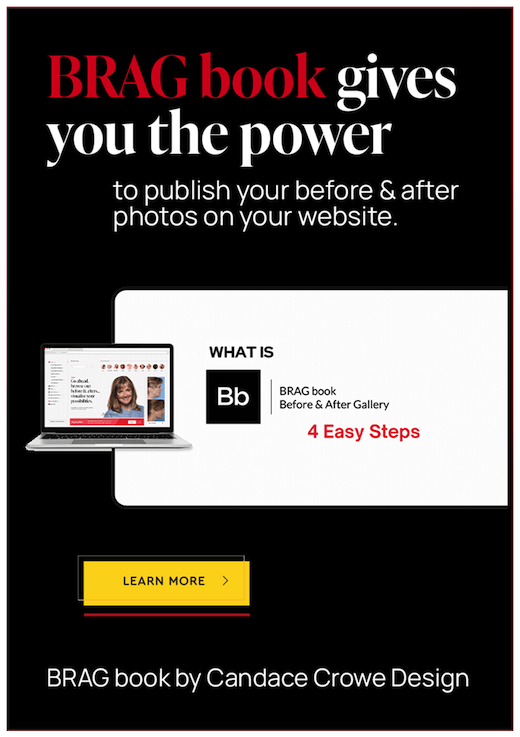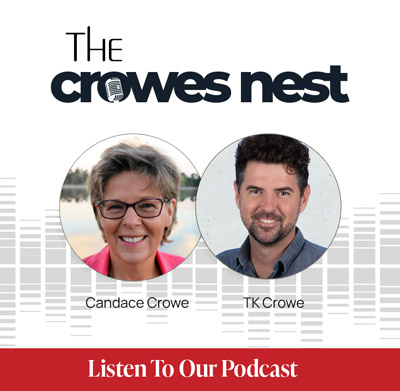There’s Search Engine Optimization, the practice of architecturally building a website so that it can be easily crawled and evaluated by a search engine. Then there’s SEO, the buzzy keyword sales pitch that promises to get you to the first page of Google!
Google and the other search engines want their customers to quickly find the best information. SEO helps Google accomplish this mission up to a point. And that point is usually when a company wants to sell services to boost rank. If the best content is on page Y, but a company can make page X appear higher in the rankings without fundamentally improving the content, this hurts Google’s product. So Google and every search engine constantly revises its algorithm– Google’s latest version is named Penguin. Keyword stuffing, in-bound linking, micro-siting, these tactics have been progressively swept aside with each edition of the algorithm and replaced by an emphasis on quality content.
So what can you do to improve your rank within the latest algorithm? Go social.
Google wants your content and the user experience you provide to be the only measures for your rank. That’s why load times are important for rank. That’s why you can’t have too many ads “above the fold.” That’s why you can’t bury content at the bottom of the page and why no one has a splash page anymore. Those are technical issues that the Google Bots can easily read and judge, but content evaluation has always relied on tagging and inference from “time on page”-type stats. However, that has changed with Penguin, the latest version of the algorithm.
Now Google looks at social actions. When you “like”, “+1”, and “share” a webpage on a social network, you are validating the content in Google’s eyes and helping to increase the rank of that page. Google+ is not a social network as much as it is a crowd sourced ranking system. It’s not just Google, though they own 70% of the market. All search engines want to deliver the best results. And even social networks are investigating their abilities.
In one of his first public interviews since the Facebook IPO, Mark Zuckerberg said that “Facebook is uniquely positioned to answer a lot of questions people have.” His example: If you searched for a sushi restaurant, your answer would be unique and right for you based on your connections. That’s the simple way of putting it. The result would likely be mined from your likes, your friends, their likes, your geographic location, the likes of strangers in your geographic location, and your geographic range, the locations and average distance you travel based on where you access Facebook on your smartphone and where you check-in. Facebook does not have plans to release a search product yet, but they have a search team, and they’ve stated their ambitions. Oh, and they already do a quarter billion searches a day, mostly for people, but according to Zuckerberg, a lot of the searches are for brands.
Going forward, your website’s ranking will be based more on customer reviews and your engagement in social media than any keyword or inbound blog link. For the small business owner, a marketing and communications professional or a trusted vendor is going to be as important as the book keeper to the business’s long-term success.





